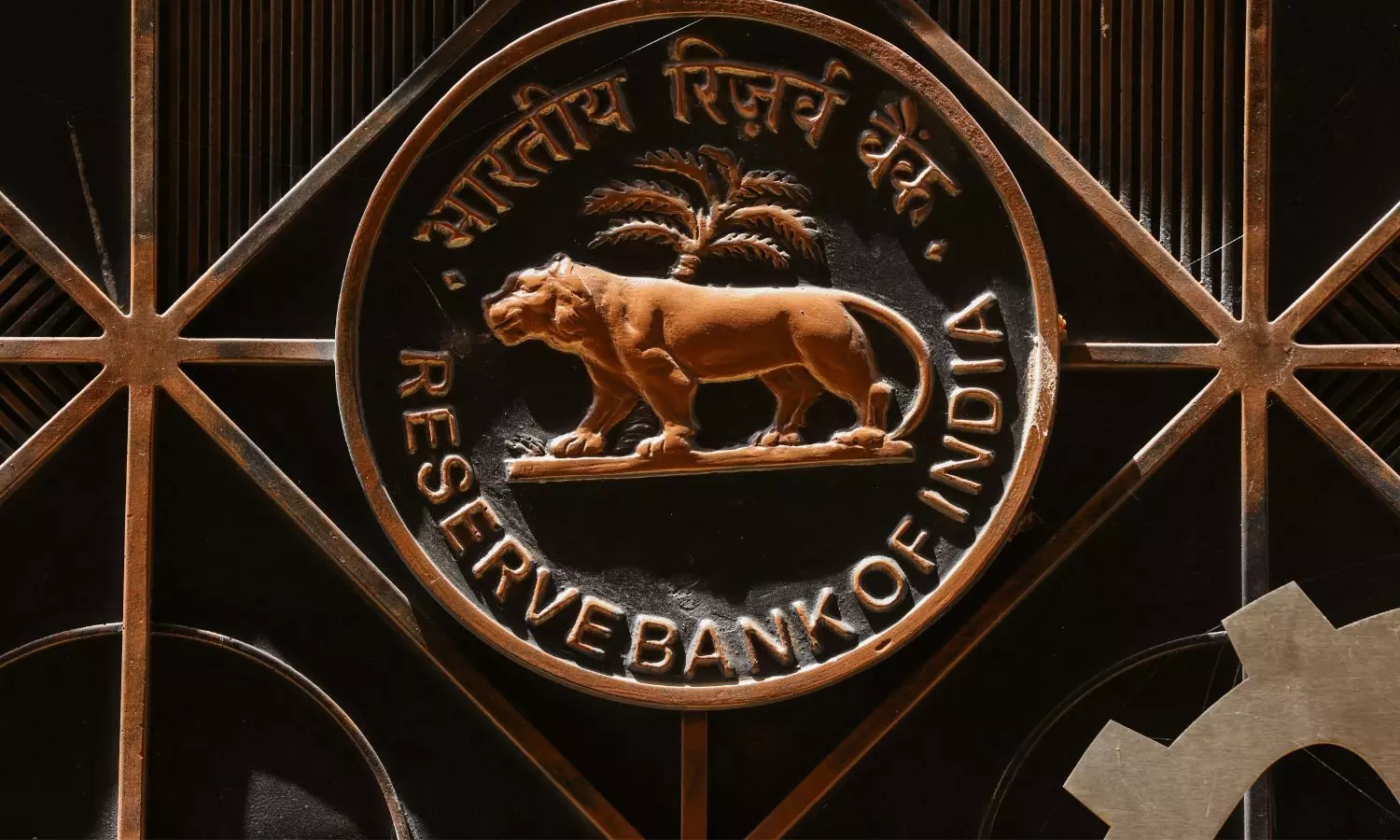RBI Establishes Guidelines for Online Loan Aggregators
RBI updates guidelines for online loan aggregators and tightens rules for fintechs offering loan guarantees, ensuring fair and transparent lending.
image for illustrative purpose

The RBI (Reserve Bank of India) has updated its rules for loan e-aggregators to ensure fair deals for consumers. These guidelines also clarify how fintech companies can provide guarantees to lenders for personal loans.
According to the new rules, loan service providers must show customers a digital overview of all available loan offers from digital lenders they're partnered with. This overview should include details like the lender's name, loan amount, duration, annual percentage rate, and other terms. It ensures consumer protection while allowing the borrowers to compare different loan options easily.
LSPs are prohibited from favouring one lender over another or using misleading tactics to influence borrowers' decisions. These guidelines are in draft form and will be implemented after feedback.
Meanwhile, RBI has tightened regulations for fintech companies that distribute loans and take on credit risk by providing default loss guarantees. Previously, RBI limited the maximum guarantee to 5% of the loan value. Now, RBI requires guarantees to be fixed on a specific loan portfolio, not on a changing one. Additionally, if a guarantee is used, the defaulted amount cannot be reinstated.
For regulated entities distributing loans on behalf of others, RBI mandates that the full guarantee amount must be deducted from their capital in case of default. Financial service providers must adhere to this requirement to ensure compliance with RBI regulations.
Digital lending platforms face stricter guidelines from RBI regarding credit risk management and default loss guarantees. These updates aim to enhance transparency and fairness in the digital lending ecosystem, protecting consumers while ensuring the stability of financial institutions.

